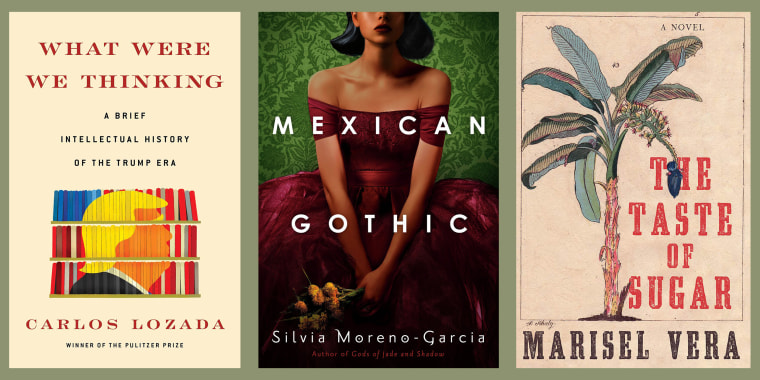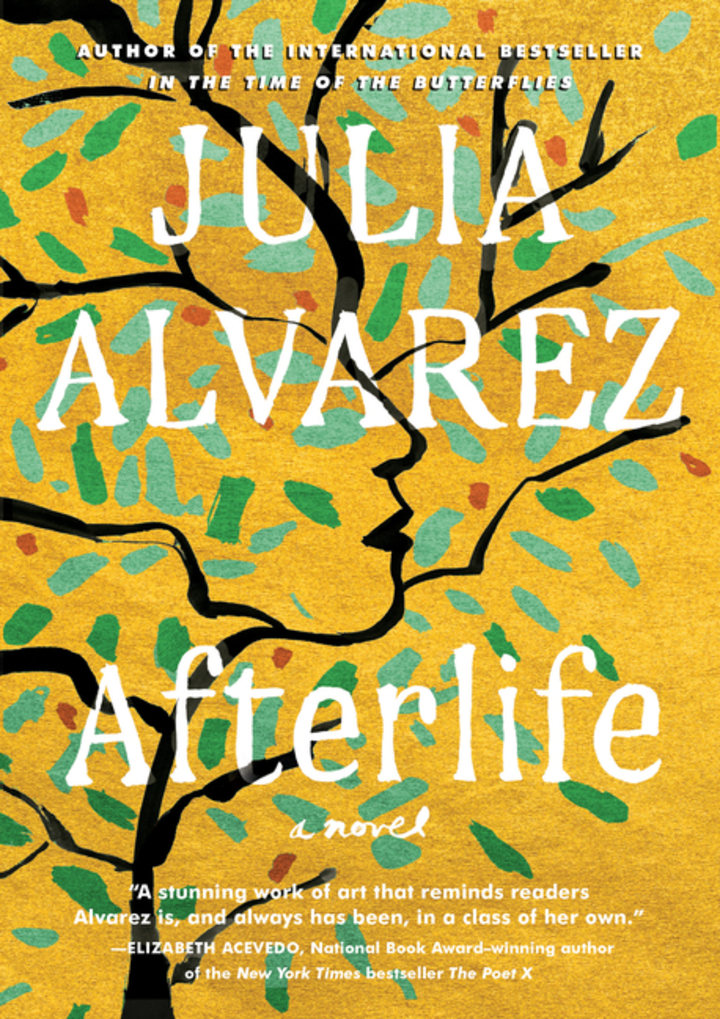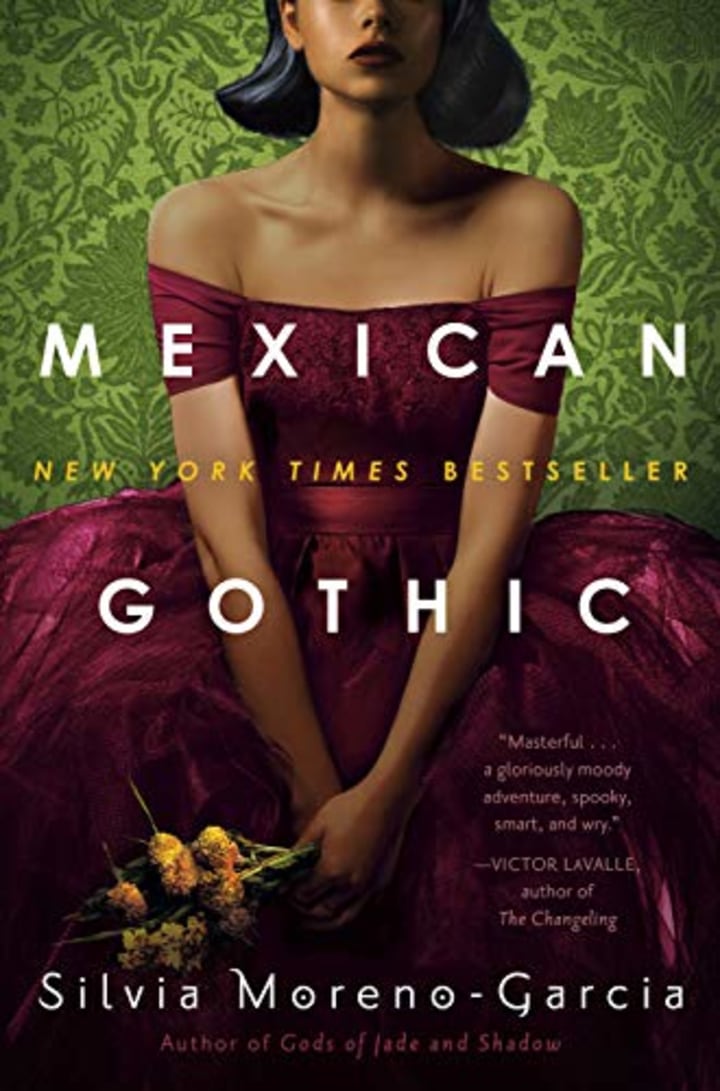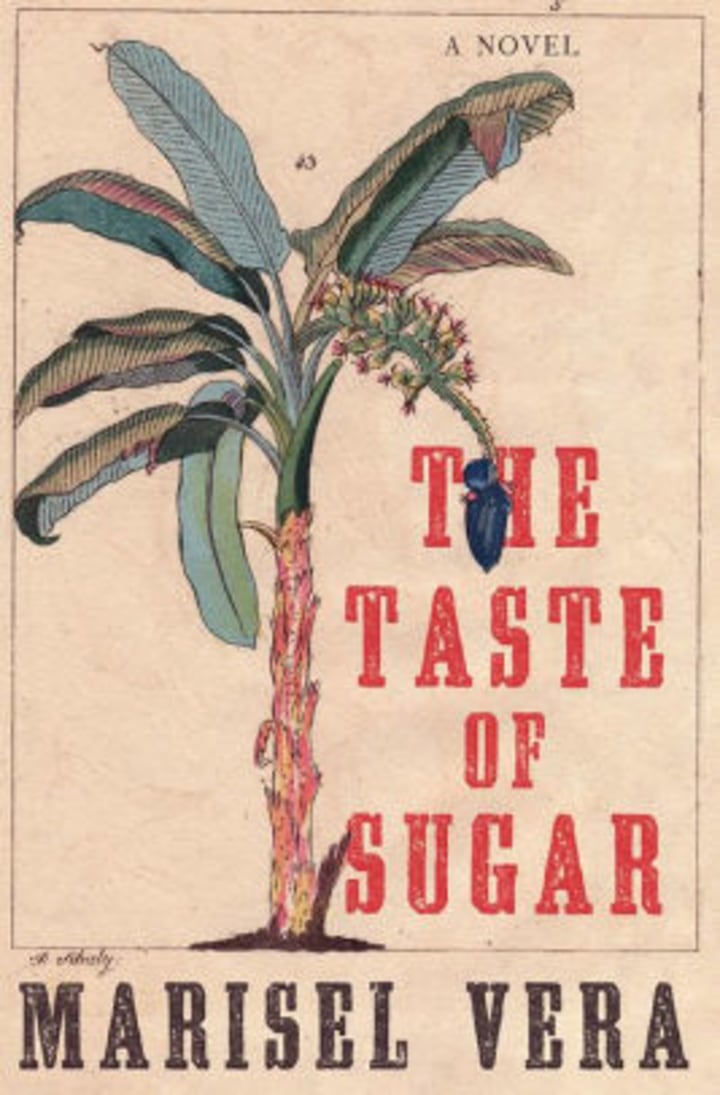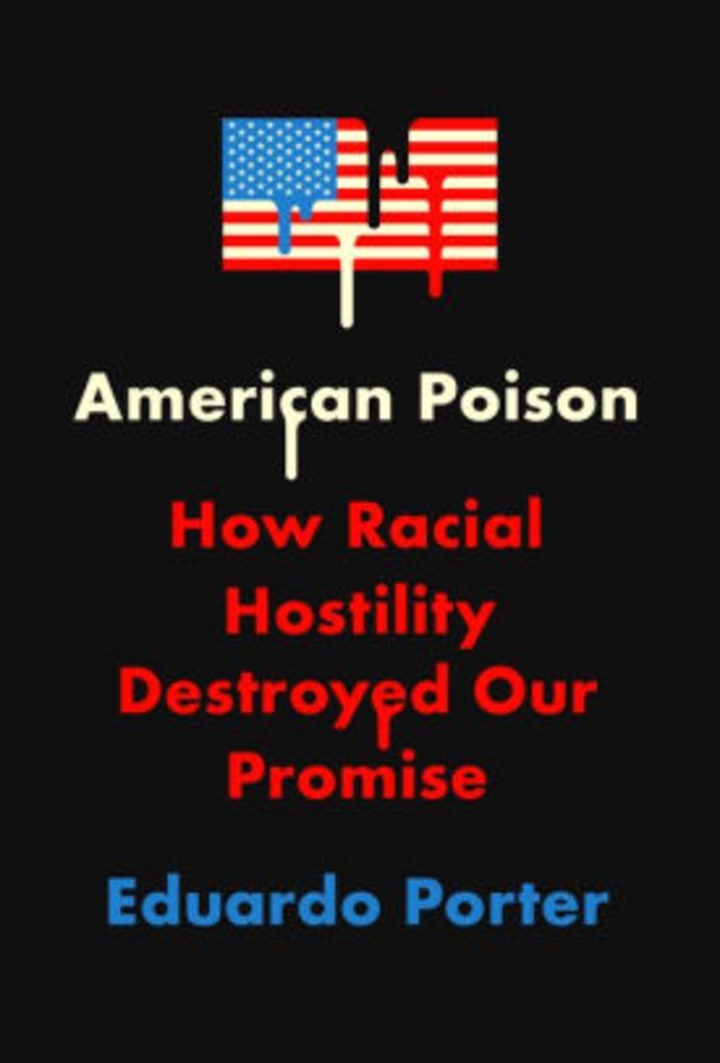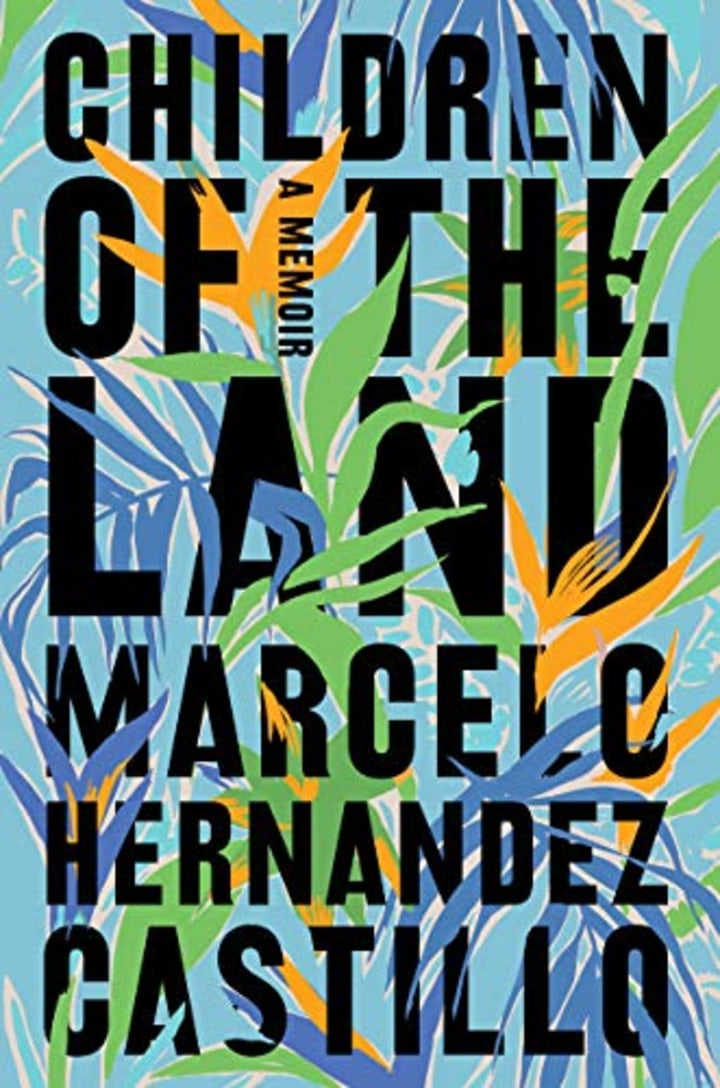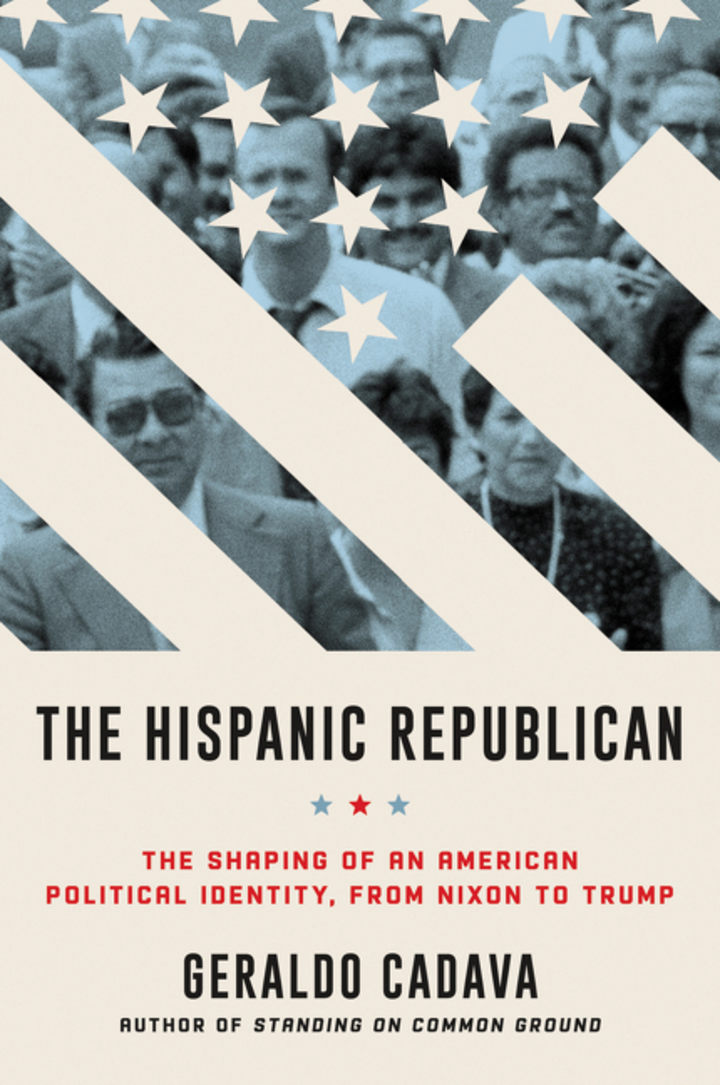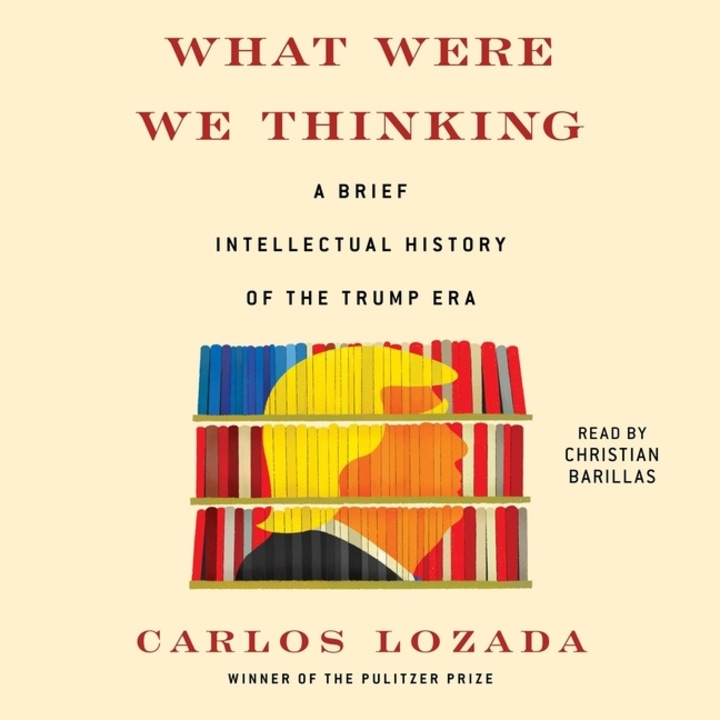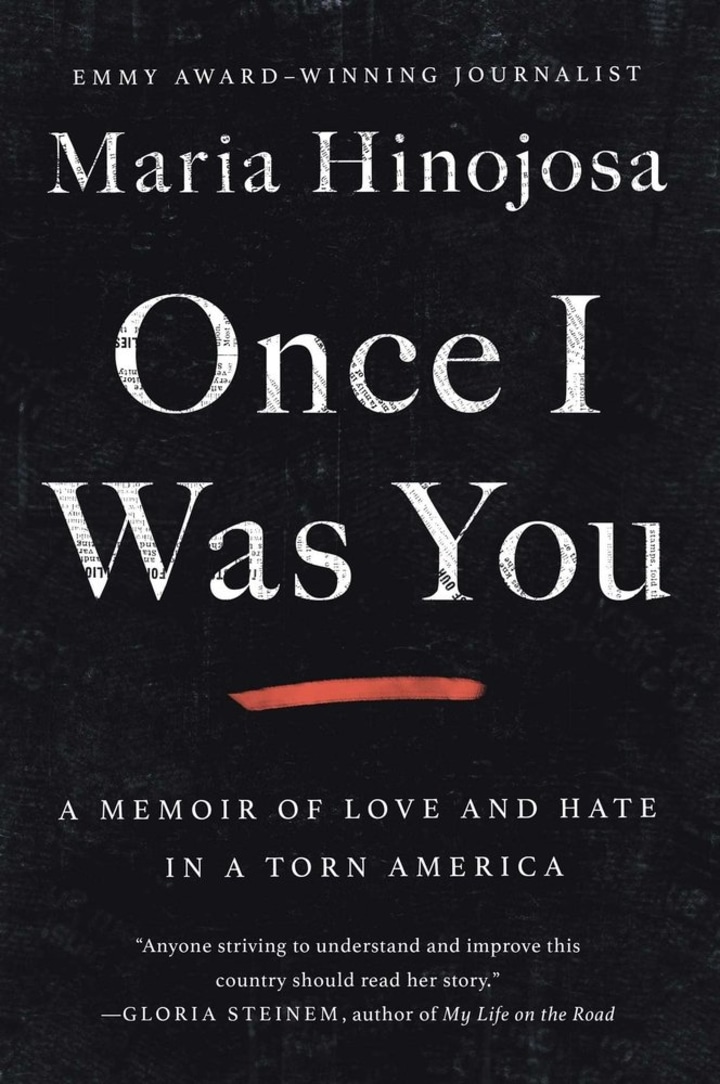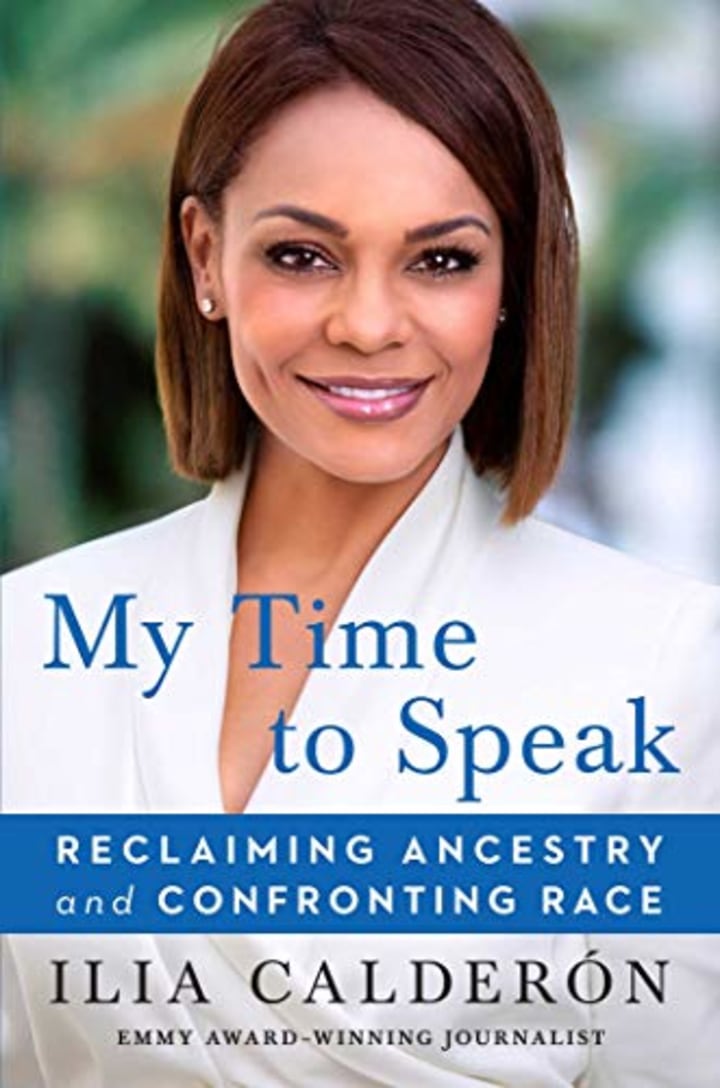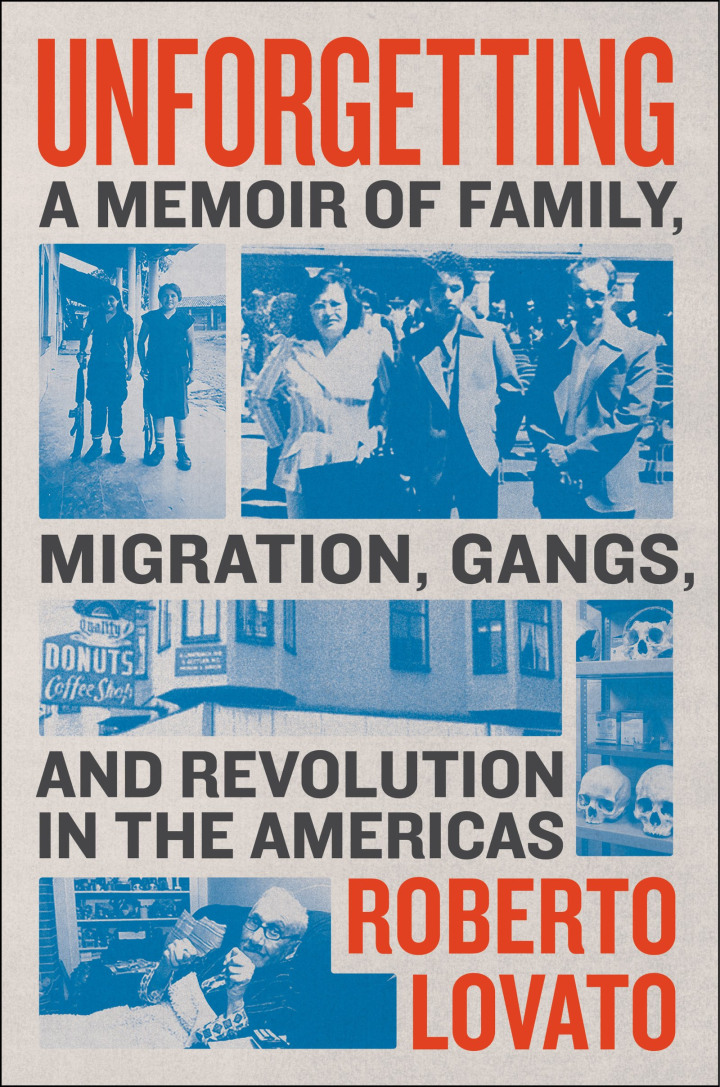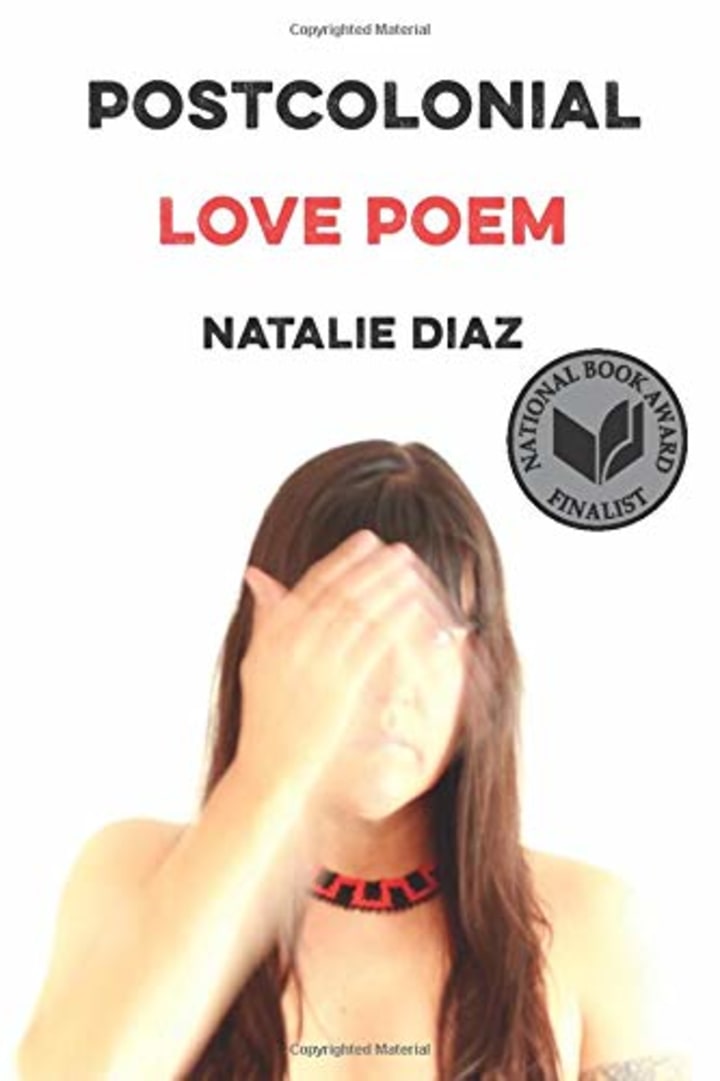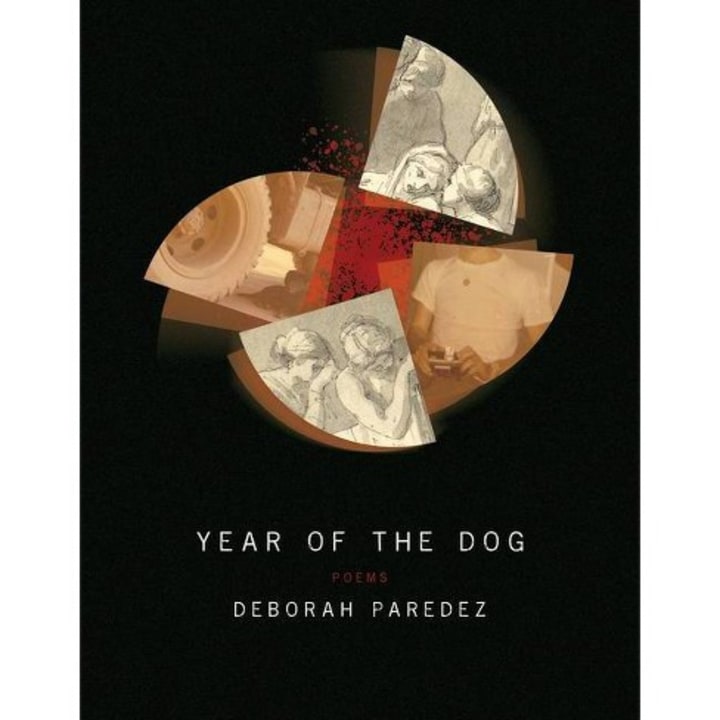In a year defined by quarantines, lockdowns and suffering, books have provided millions of Americans a respite from the ongoing Covid-19 pandemic. That so many people have rediscovered the joy of reading may be one of the few bright spots during a challenging time. So whether your tastes run to gothic mystery, poetry, or revelatory memoirs, here are ”12 Latino Books for Christmas 2020.”
Fiction
1. "Afterlife" by Julia Alvarez
From the acclaimed author of “How the Garcia Girls Lost Their Accents” and “In the Time of the Butterflies” comes a thoughtful novel about love, loss, and isolation. “Afterlife” tells the story of Antonia, a recently widowed writing professor facing the challenges that life (literally) brings to her doorstep. A Dominican American literary pioneer, Alvarez told NBC News that she was surprised at how prescient her story’s themes turned out to be. “When I wrote it, I felt like we were living in these elegiac times, where we’re seeing the end of so many things that we cherished. It is very much about a person facing a broken society.”
2. "Mexican Gothic" by Silvia Moreno-Garcia
A creepy mansion, a young woman in danger, and a mysterious, handsome Englishman. No, it's not the classic “Rebecca,” but Moreno-Garcia’s New York Times best-selling suspense novel set in 1950s Mexico. After receiving a frantic letter from her newlywed cousin pleading for help, Noemi, a socialite, sets off to a remote country manor to check up on her. There she is drawn into a web of family secrets in a dangerous, seductive place. Described by Kirkus Reviews as a “terrifying twist on classic gothic horror,” this book is currently in development as a TV series for Hulu.
3. "The Taste of Sugar" by Marisel Vera
In the acknowledgments of her book, Vera writes, “As the daughter of Puerto Ricans who were taught little of their own country’s history, I’ve been obsessed with learning about my heritage for years.” Her sprawling novel carries readers from the hills of Puerto Rico to the sugar plantations of Hawaii. Set in 1898, on the eve of the Spanish-American War, this is the story of a young couple struggling to survive amid epic events. The Washington Post hailed the tale of love and endurance as a kind of Latino "Grapes of Wrath.”
Non-Fiction
4. "American Poison: How Racial Hostility Destroyed Our Promise" by Eduardo Porter
The New York Times economics reporter argues that all Americans have been made poorer—as he told NBC News in an interview—because throughout history, the country opted not to extend benefits and policies to all if they were also going to help Blacks, Latinos and others seen as different by whites. As a result, the U.S. is falling behind other industrialized nations in nearly every marker of social health and collapsing “into a heap of pathologies simply due to a lack of empathy.” Although released just as the Covid-19 outbreak struck, “American Poison” seems even more relevant amidst the pandemic’s ongoing devastation.
5. "Children of the Land" by Marcelo Hernandez Castillo
An NPR “Best Book of the Year,” this memoir examines the trauma of displacement and illuminates the human lives behind the immigration headlines. When Castillo crossed the border from Mexico as a child, he suffered a temporary, stress-induced blindness. Although he regained his sight, this episode became a metaphor for his new existence—which required him to live as though he and his family were invisible. “It didn’t matter how good I was at hiding, “Castillo writes after an encounter with ICE. ”I knew they would always find me if they wanted.”
6. "The Hispanic Republican: The Shaping of an American Political Identity, from Nixon to Trump" by Geraldo Cadava
In every presidential election cycle, pundits predict that Latinos will overwhelmingly vote for Democratic candidates. Most Latino voters do tend to favor Democrats, but there is a significant segment of the Latino community that votes Republican. This is a longstanding pattern, according to Cadava, an associate professor at Northwestern University. "Since Nixon's re-election in 1972, Republican candidates have pretty consistently won between one-quarter and one-third of the Hispanic vote,” Cadava told NBC News in a recent interview about his book. Cadava explains how the Republican Party has created a deep sense of loyalty among some Hispanics, and why this bond often confounds political observers.
7. "What Were We Thinking: A Brief Intellectual History of the Trump Era" by Carlos Lozada
The Pulitzer Prize-winning book critic of The Washington Post uses the books of the Trump era to argue that our response to his presidency reflects the same failures of imagination that made it possible. Lozada read over 150 books about Trump, his administration, and what his election says about our country. “The books that matter most right now are not necessarily those revealing White House intrigue … or official scandals,” he writes. “They are, instead, the books that enable and ennoble a national re-examination.”
8. "Once I Was You: A Memoir of Love and Hate in a Torn America" by Maria Hinojosa
The veteran journalist takes readers on a journey through her professional and personal life in this memoir. In addition to offering a primer on U.S. immigration policy, the host of NPR’s “Latino USA” presents a revealing look at her own struggles, heartbreak and triumph. “As Latinos, as women, as immigrants, some of us can have it all — and some of us can lose it all," Hinojosa told NBC News. "But the pain and trauma we go through and survive makes us more demanding and exacting of the country we love.”
9. "My Time to Speak: Reclaiming Ancestry and Confronting Race" by Ilia Calderón
The Univision news anchor charts her path from a tiny town in Colombia to becoming one of the most visible Afro-Latinas in broadcasting. Calderón’s upbringing was so rustic that she took a boat or a canoe to cross the river to school each day. Once she left home, though, racism became an unavoidable part of her life. “Ugh, not even my horse is black,” a classmate sneered at her in high school; in 2017, a KKK leader threatened her in an on-camera interview. But Calderón persevered, making headlines as she proudly embraced her identity. ”Representation matters,” says Calderón. “When other kids see people like me on screen, it means they can make it.”
10. "Unforgetting: A Memoir of Family, Migration, Gangs, and Revolution in the Americas" by Roberto Lovato
In 2015, journalist (and longtime activist) Lovato was visiting a family detention center in Texas when a child migrant showed him a drawing on his hand of a skull with sharp teeth. The boy said that it represented what it was like back in El Salvador, where his uncle had been shot by a gang through his teeth. Lovato came away from this encounter transformed—and determined to explore his family history and Salvadoran heritage. El Salvador and the U.S. are bound together by history, Lovato told NBC News, and he wants to “help people move beyond simplistic, inaccurate narratives about Central America.”
Poetry
11. "Postcolonial Love Poem" by Natalie Diaz
A finalist for the 2020 National Book Award for Poetry, “the wounds inflicted by America"onto Indigenous people "are allowed to bloom pleasure and tenderness," writes the publisher. "Here is an origin-story wherein we “know finally that we will only ever be / as much as we are willing to save of one another,"" wrote the National Book Award judges about the acclaimed Latinx, Indigenous and queer writer's second poetry collection.
12. "Year of the Dog" by Deborah Paredez
In this New York Times “New and Notable” poetry book, Paredez tells her story as a daughter of the Vietnam War. The title refers to 1970, the Year of the Dog in the lunar calendar, which was the year that she was born and the year her Mexican-American father was being sent to Vietnam. “I wanted to create work that was a Latina feminist retelling of that time,” said Paredez. “Women of color who were active in the anti-war movement, and who were witnesses to war, helped transform us all.”
Looking for more recommendations?
- Hispanic Heritage Month is over and these 15 books by Latinos are still great
- What is a paella pan? Experts share tips on your best options
- Coming-of-age books by and for Latinas
Follow NBC Latino on Facebook, Twitter and Instagram.
